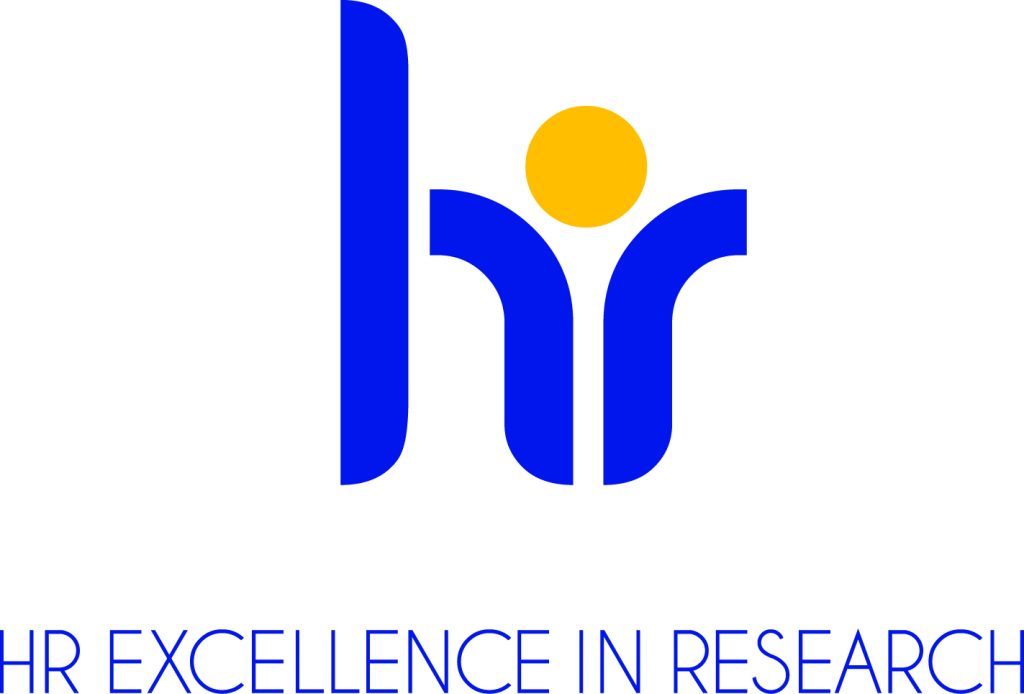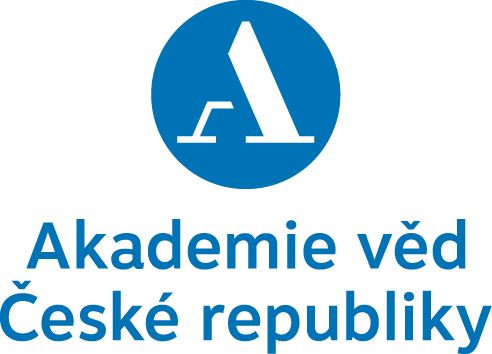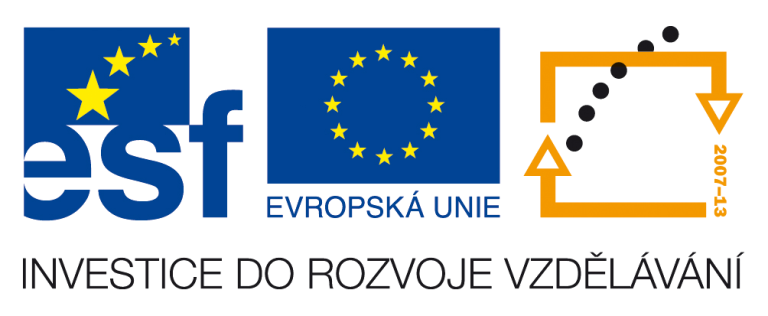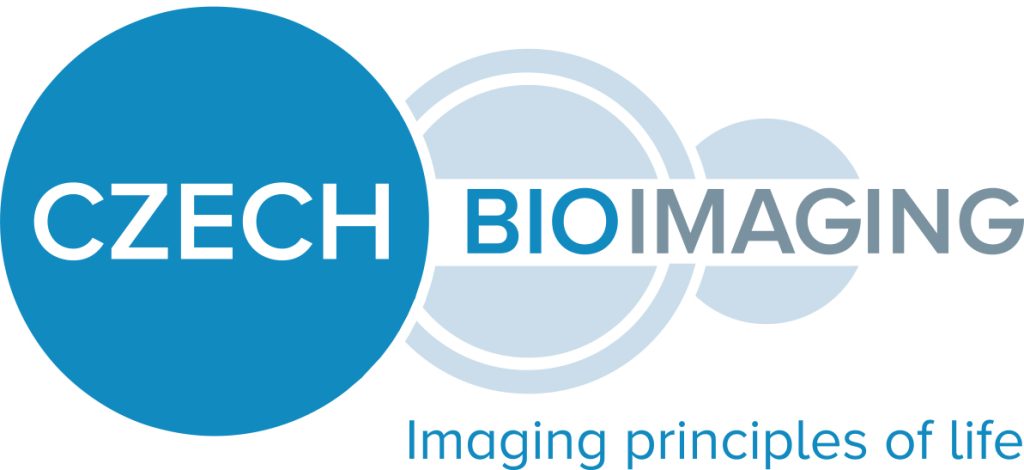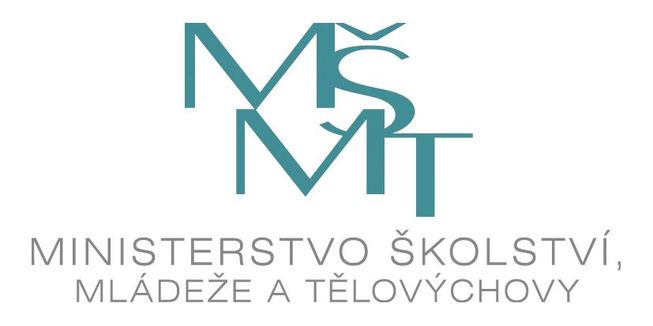Effect of parasympathetic nervous system activation on cardiovascular function, ischemic tolerance and heart failure
Cardiovascular diseases (hypertension, arrhythmias and heart failure) are often associated with disturbances in the balance of the autonomic nervous system – increased sympathetic activity and decreased parasympathetic activity. Enhancement of parasympathetic activity (direct vagal stimulation or pharmacological cholinergic stimulation) may be a promising therapeutic strategy for the treatment of some cardiovascular diseases. We will study the effect of chronic acetylcholinesterase inhibition on ischemic heart tolerance in spontaneously hypertensive rats and in selected models of heart failure.
The role of the endothelin system in the pathophysiology of chronic heart failure
Endothelin is the most potent vasoconstrictor in the body. Blockade of type A endothelin receptors has demonstrated beneficial effects on the kidney in both experimental and clinical studies. We will pre-clinically test whether pharmacological blockade of the endothelin system may be a novel therapeutic approach in the treatment of heart failure. In a model of chronic heart failure induced by myocardial volume overload (using normotensive, hypertensive and obese rats with aorto-caval fistula), we will investigate the long-term effect of endothelin receptor blockade in combination with standard therapy (inhibition of the renin-angiotensin system) on renal and cardiovascular function.

